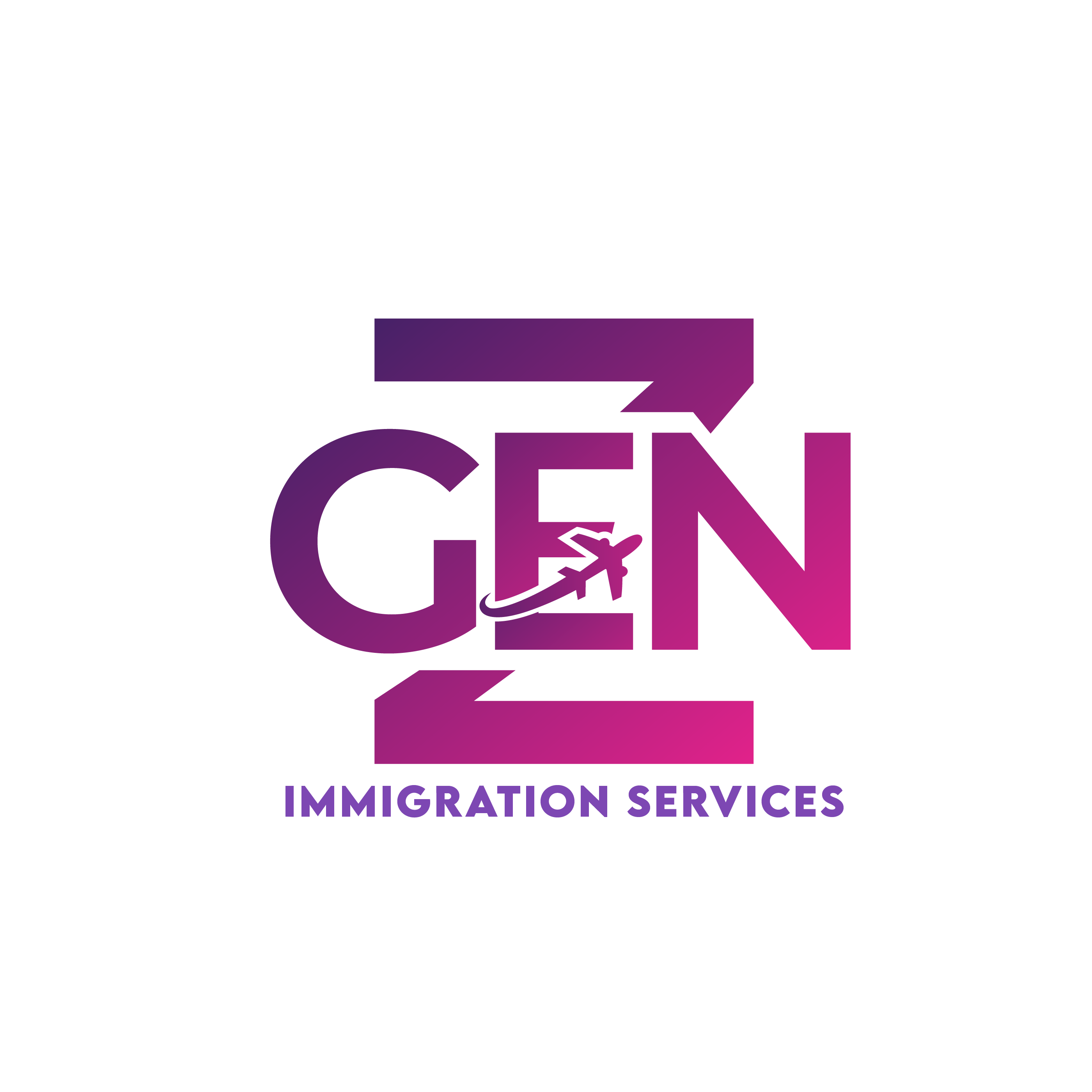Best Live Online Preparation
State Requirements For 491 Visa
Navigating State Requirements for the 491 Visa in Australia

Introduction
Australia's Skilled Work Regional (Provisional) Visa, subclass 491, offers skilled migrants an excellent opportunity to live and work in regional areas of the country. However, to secure this visa, applicants must meet specific state requirements. Each Australian state and territory has its own criteria and priorities when it comes to nominating candidates for the 491 Visa. This article provides an overview of the state requirements for this visa and why understanding them is crucial for a successful application.
Understanding State Nomination
One of the essential steps in the 491 Visa application process is obtaining a nomination or sponsorship from an Australian state or territory government. Each state has a unique list of occupations they require or prioritize to meet their specific regional skill shortages and development goals. Here's a closer look at the state requirements and their significance:
-
Occupation Lists: States and territories maintain their own occupation lists, which often differ from the federal Skilled Occupation List. These lists outline the occupations that are in demand in that specific region. Applicants must nominate an occupation from the relevant state or territory list.
-
Regional Definition: Each state or territory defines its regional areas, and these definitions can vary. To be eligible for state nomination, applicants must typically commit to living and working in the sponsoring region for a specified period.
-
Work Experience: States may require applicants to have a certain level of work experience in their nominated occupation to be eligible for nomination. This requirement helps ensure that candidates can make an immediate contribution to the local workforce.
-
Employment Offers: Some states may require applicants to have a job offer from an employer in their nominated occupation within the sponsoring region. Others may not have this requirement.
-
Commitment to Reside: Applicants are usually required to demonstrate their genuine intention to reside in the nominating state or territory for a designated period. This commitment aligns with the visa's regional focus.
-
Skills Assessment: Applicants must have their skills assessed by the relevant assessing authority for their nominated occupation, which is essential for state nomination.
Why State Requirements Matter
Understanding and meeting state requirements is essential for several reasons:
-
Eligibility: State nomination is often a prerequisite for receiving an invitation to apply for the 491 Visa. Failing to meet the specific criteria of the nominating state or territory can result in a rejected application.
-
Priority Processing: States and territories give priority to applicants who meet their specific needs and requirements. By aligning with these priorities, applicants increase their chances of receiving a nomination.
-
Regional Contribution: The 491 Visa is designed to address regional skill shortages and support the economic development of regional areas. Meeting state requirements ensures that you are genuinely committed to contributing to the regional community.
-
Occupation Matching: Different states have varying demands for different occupations. By researching and selecting a state that aligns with your occupation, you increase your chances of a successful nomination.
Conclusion
Navigating the state requirements for the 491 Visa in Australia is a crucial step in the skilled migration process. It's essential to research and understand the specific criteria of the state or territory you wish to be nominated by, as these requirements can significantly impact the success of your application. By carefully selecting an occupation in demand in your desired region and demonstrating your commitment to living and working there, you can increase your chances of securing state nomination and ultimately achieving your dream of living and working in regional Australia through the 491 Visa program.
Why Choose Gen Z Immigration
Individual Attention
Individual Attention
Result Driven Coaching
Result Driven Coaching
Flexbile Timing
Flexbile Timing
Free Study Material
Free Study Material

Our Benefits
Get the Best Visa Immigration from the Gen Z Group of Exellence
-
-
Customized Study Plans
-
Skill Building Sessions
-
Full Lenght Mock Test


